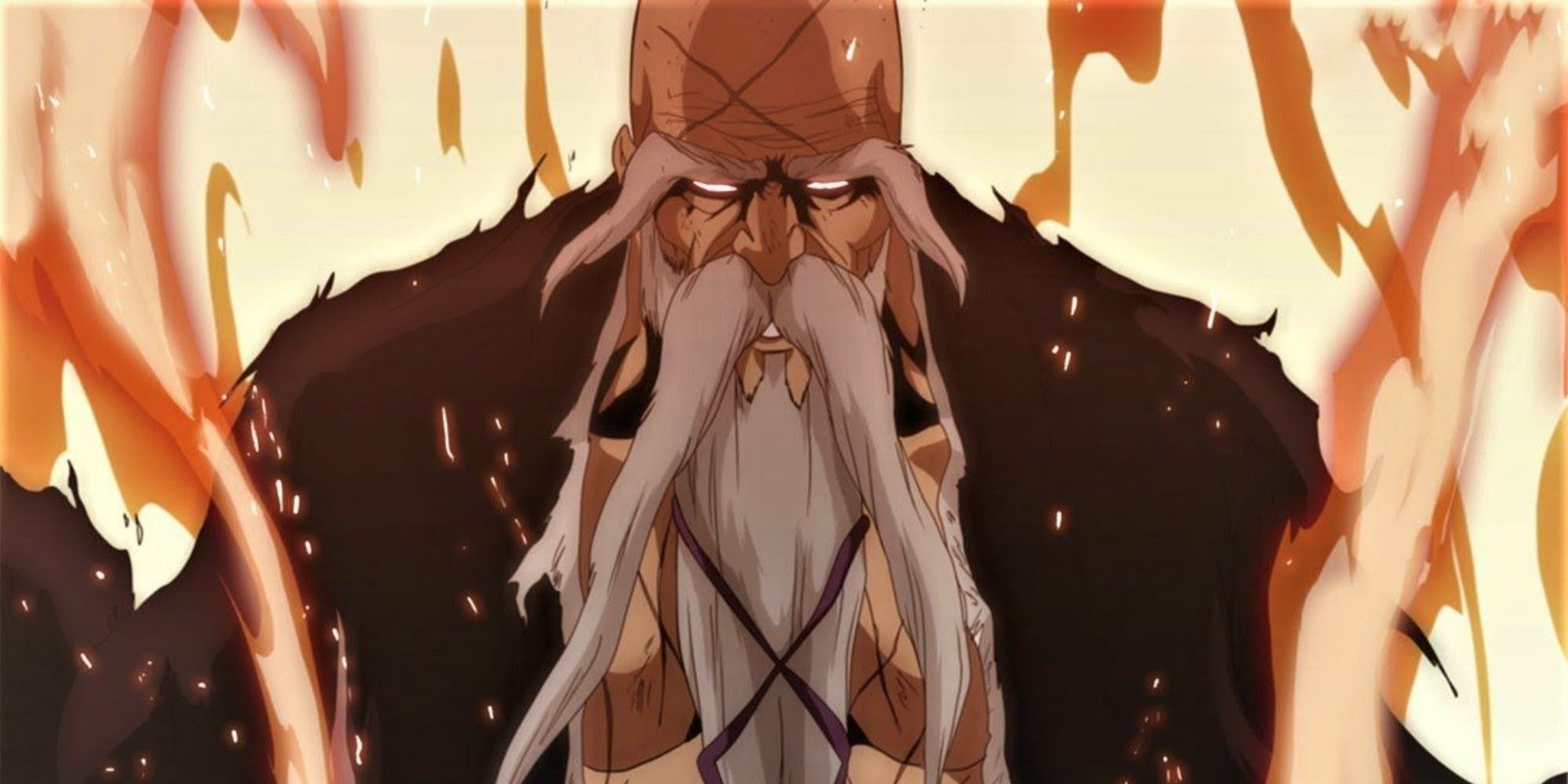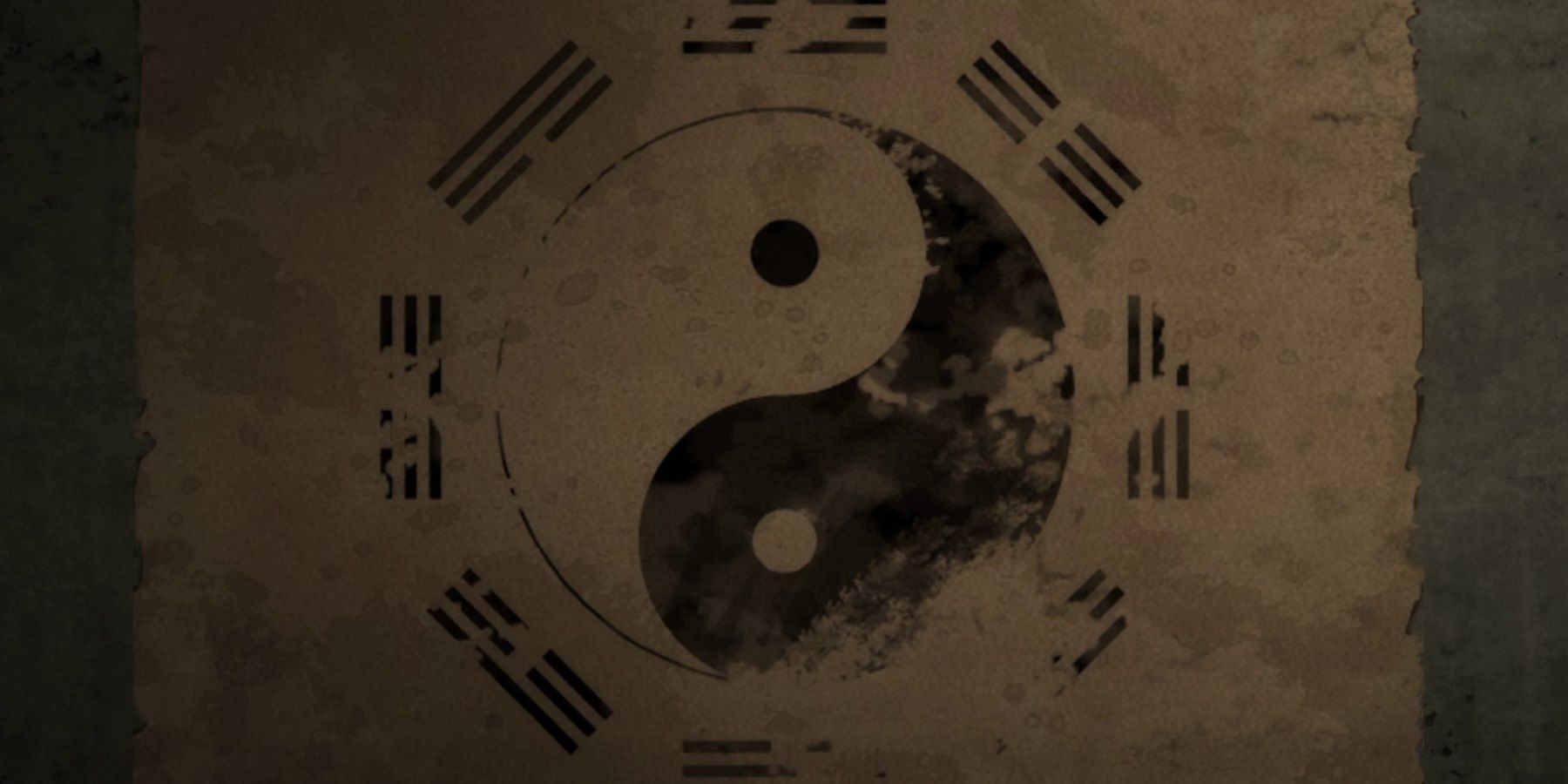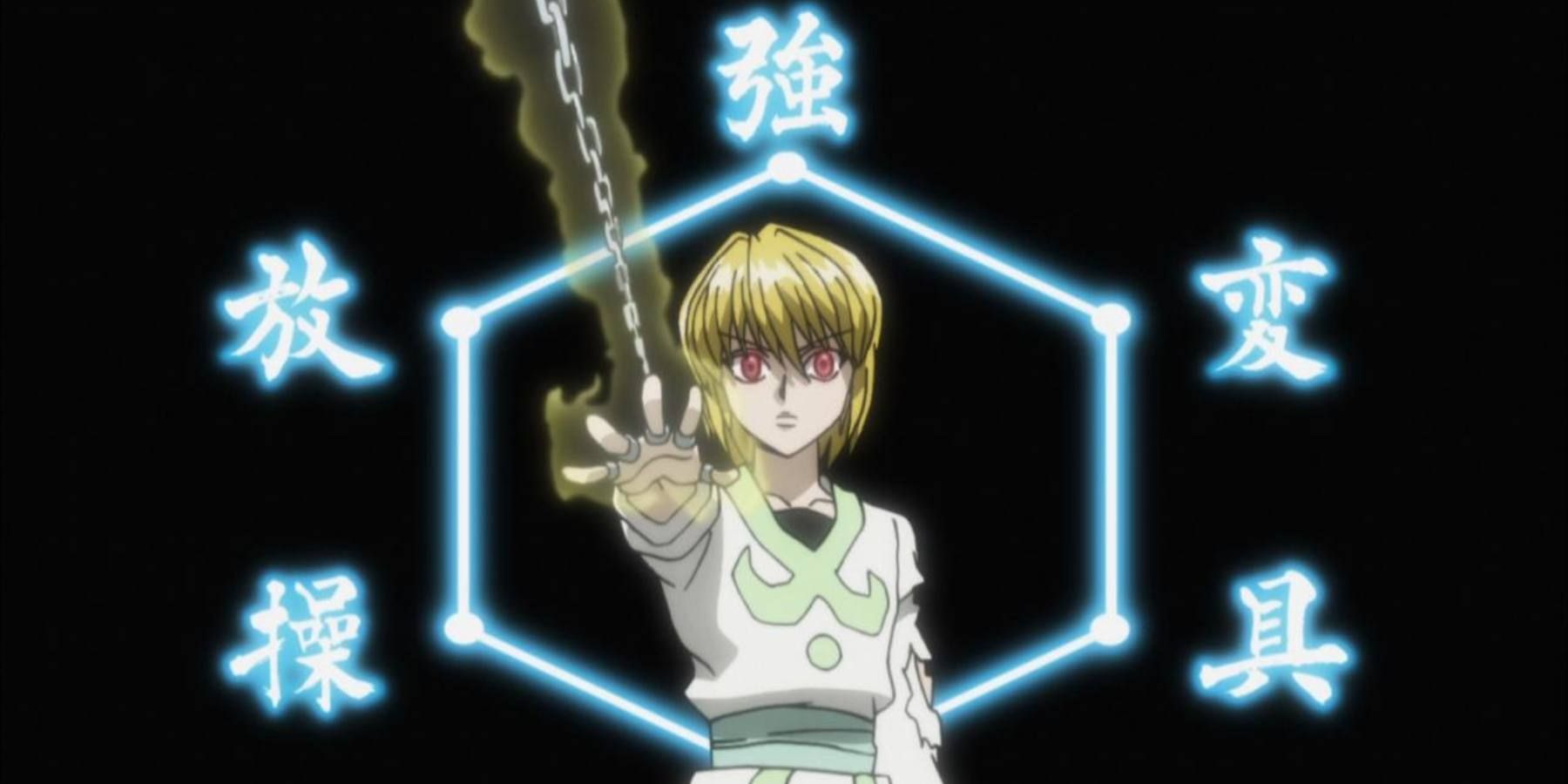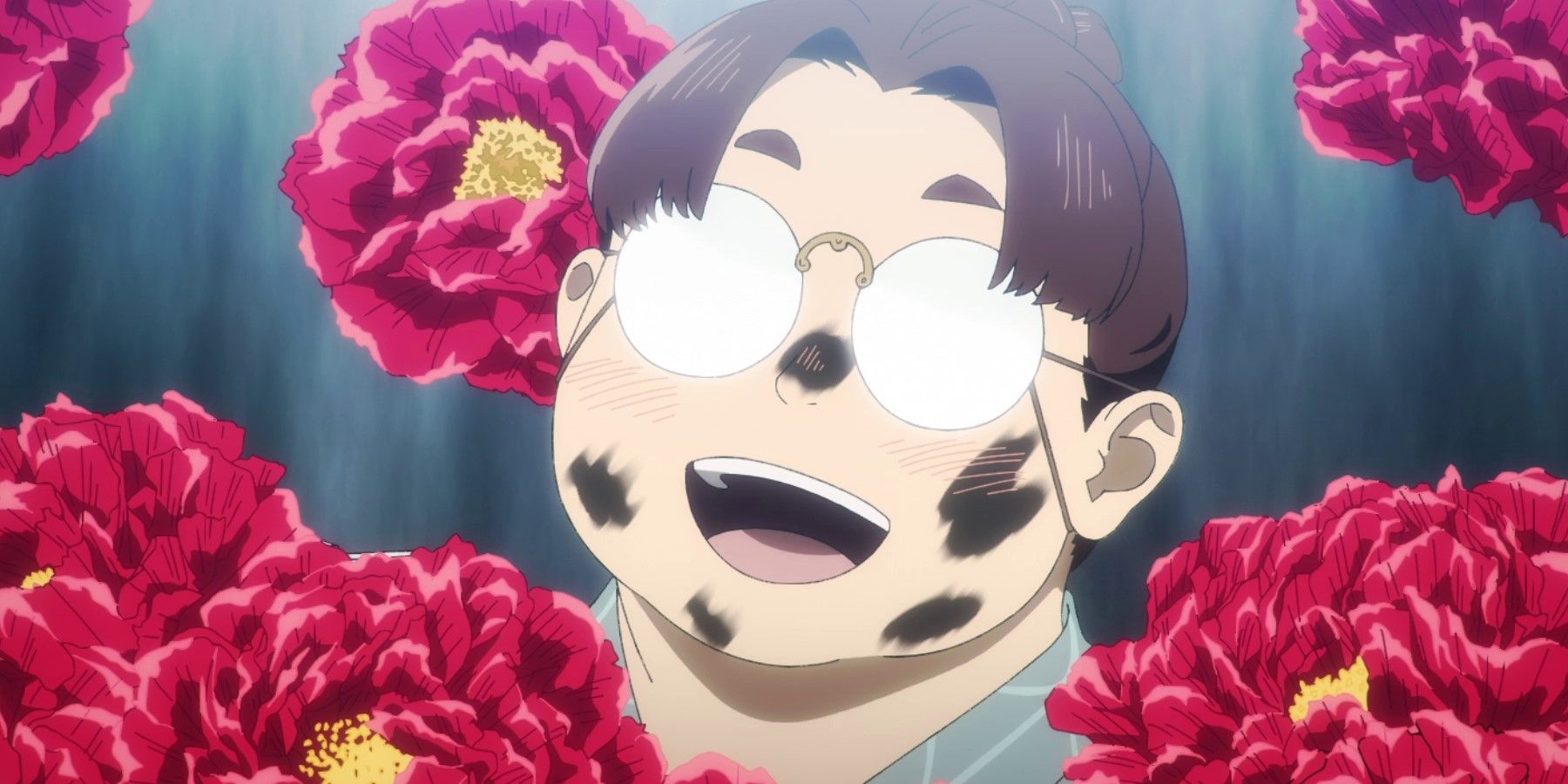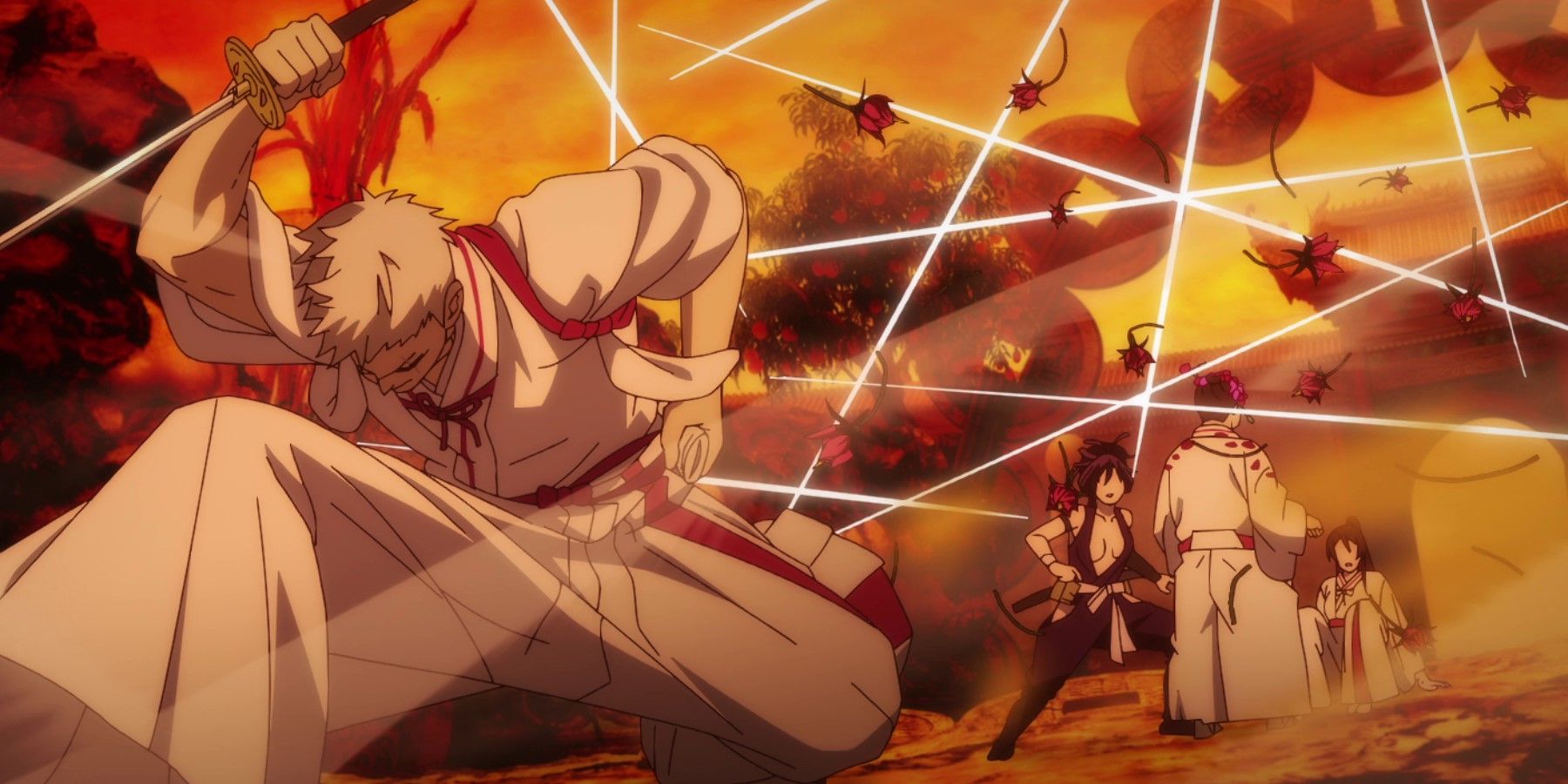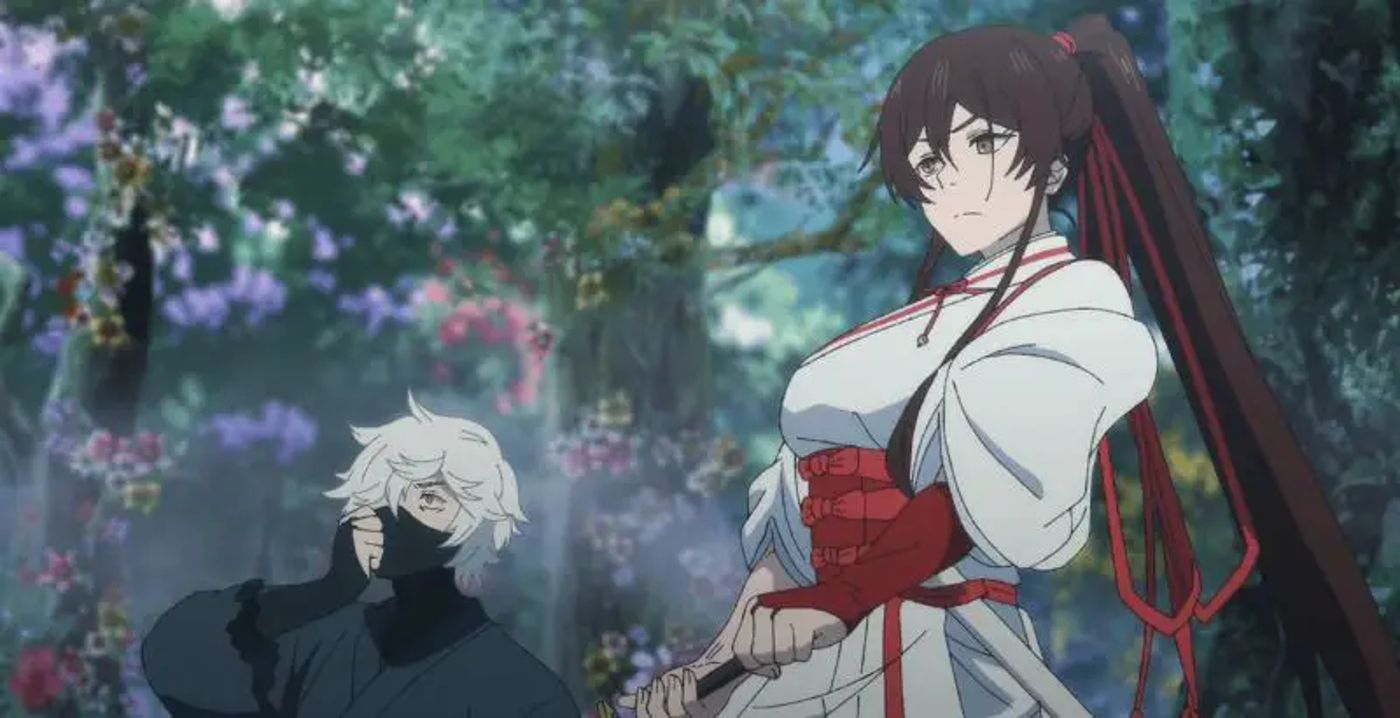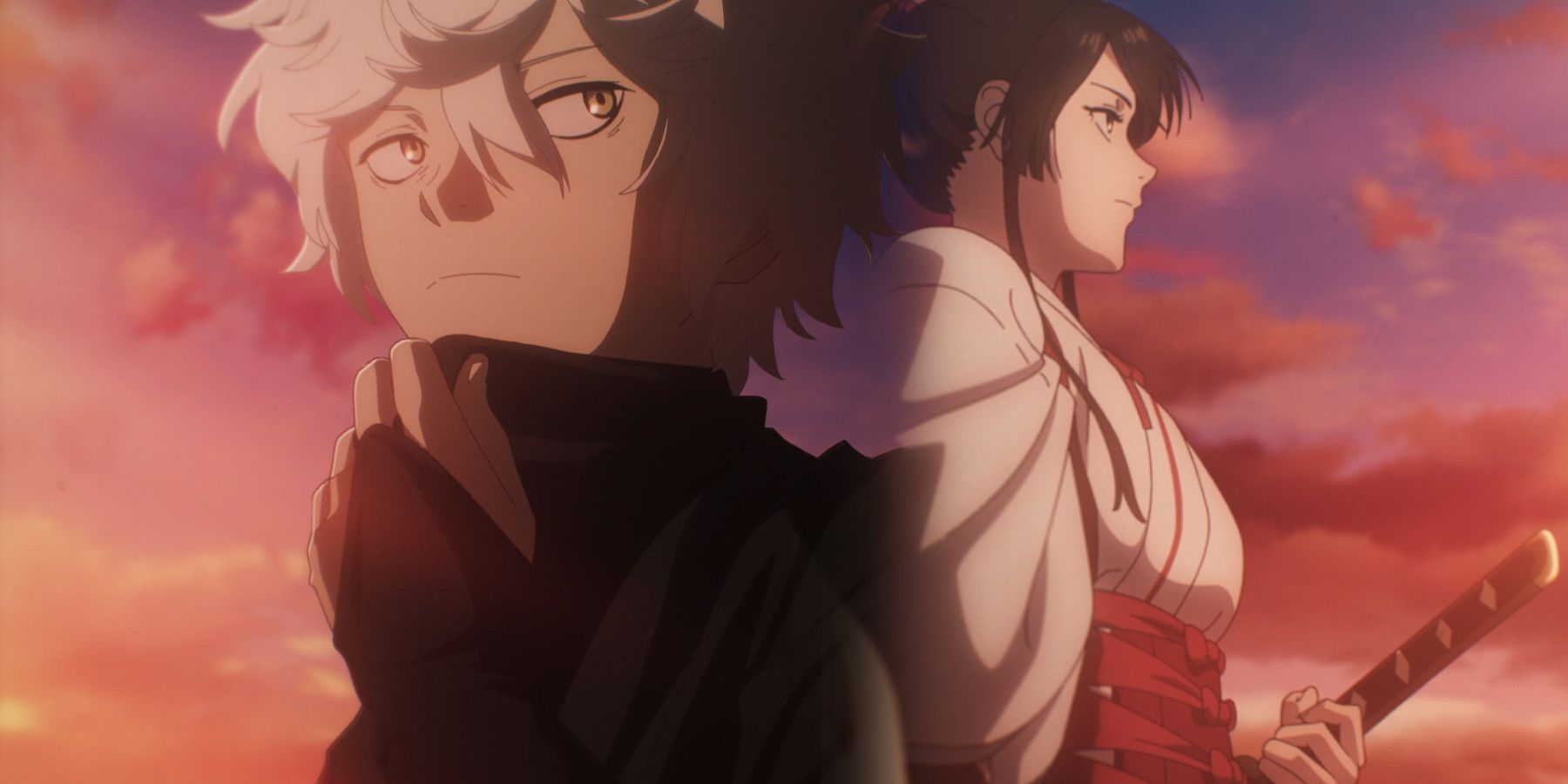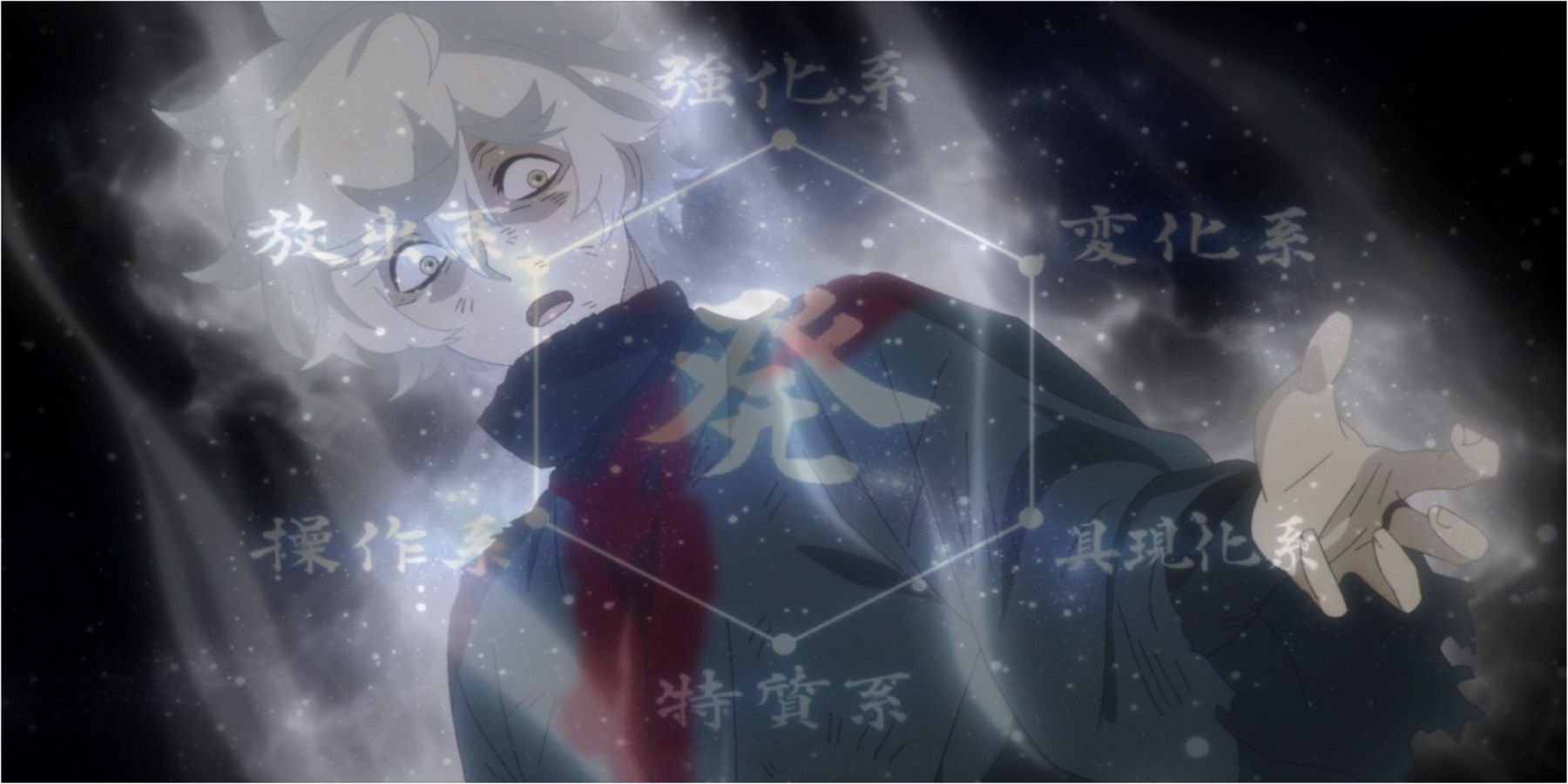
The Ultimate Crossover: Unraveling the Mysterious Connection Between Hell's Paradise: Jigokuraku and Hunter x Hunter

Discover the intriguing link between Hell's Paradise: Jigokuraku and Hunter x Hunter, as both manga series draw upon Taoist/Buddhist concepts and imagery to create their captivating power systems Uncover the Trope Carousel, Cosmic Order, and the enigmatic Infinite Eight
The power system in Hell's Paradise: Jigokuraku, known as Tao, has been gradually unveiled to anime viewers. It bears resemblance to the power systems seen in other shōnen titles, though the similarities between Yūji Kaku's work and Togashi Yoshihiro's Hunter x Hunter are particularly striking. The exploration of Tao in Hell's Paradise: Jigokuraku seems to share several similarities with Hunter x Hunter's Nen power system.
What fans who have noticed this connection may not realize is that the similarities are not a result of direct inspiration from Hunter x Hunter. Instead, they stem from the examination of the same concept within different fictional universes. What exactly are the similarities between Nen and Tao, and why are they so noticeable?
Trope Carousel
Shōnen anime is well-known for its self-referential nature, where titles often interact with each other and refer back to each other. This perpetuates and evolves various trends and devices, clearly showing the influence between works. The reuse and repurposing of concepts in anime goes beyond stories from the same or similar media, expanding into books, movies, music, mythology, philosophy, and religion. Particularly in the subgenre of battle shōnen, mythology, religion, and legend play a significant role in anime, including Hell's Paradise: Jigokuraku. This series combines Chinese mythology, Japanese mythology, Taoist concepts, and Buddhist concepts with a premise inspired by a western novel. The religious and philosophical elements from Taoism and Buddhism are reflected in the construction of Shinsenkyō, as well as the power concept utilized in the series.
Many anime series, franchises, and titles may appear similar because they draw inspiration from the same sources, such as myth and legend. For example, the Dragon Ball franchise prominently features the wuxia element, which is directly influenced by the Chinese novel Journey to the West. While various incarnations of the character "Sun Wukong" (also known as Goku) exist in anime, they are not accused of copying Dragon Ball specifically, as this character has pervasively appeared in various works of fiction. Similarly, in Hell's Paradise: Jigokuraku, characters in Hunter x Hunter must undergo intense training in different realms to achieve a high level of Nen mastery.
Cosmic Order
Tao – Hell's Paradise Jigokuraku Episode 7
Concepts such as Yin-Yang, cosmic order, and the manipulation of a primordial force of reality are prevalent in anime, manga, and beyond. These inspirations also shaped the development of Nen as a power system in Hunter x Hunter and the Tao used in Hell's Paradise: Jigokuraku. In addition, there are unexplainable similarities between mythologies throughout history that have served as a connection between cultures. The idea of the "essence of life," known by different names, is featured in various fictional works where it is manipulated to grant supernatural abilities. Hell's Paradise: Jigokuraku showcases this concept through the island of Kotaku. The series also incorporates Buddhist and Taoist inspirations by introducing concepts from these religions and using their actual names.
Wuxing, an ancient Chinese concept, represents the five agents of change in the cycle of reality. These "elemental" points, namely Wood, Fire, Earth, Metal, and Water, interact with each other either positively or negatively. For example, Wood feeds Fire but thwarts Earth, while Fire feeds Earth but thwarts Metal. This pattern continues for all the elements. Similarly, Nen-users in Hunter x Hunter have their native types and varying levels of compatibility with other types. These types, known as Conjuration, Manipulation, Emission, Transmutation, Enhancement, and Specialization, determine a character's specific abilities within the realm of Nen.
Infinite Eight
The complexity is compounded by the fact that the underlying concept of this cycle is Yin-Yang. Depending on where they are in the cycle, different combinations of the main five elements are determined. The method of determining these combinations varies based on the application of the wuxing concept. However, since Hell's Paradise: Jigokuraku incorporates the I Ching, we will focus on the interstitial states mentioned in that text. This is crucial because it affects how the Hunter x Hunter universe interprets the application of this concept and gives rise to the Nen Types. In Hell's Paradise: Jigokuraku, characters are categorized based on the application of elements, resulting in different types of Tao. When considering wuxing from the perspective of the I Ching, each element has two possible states: negative and positive, Yin and Yang. These combinations are represented by the Bagua, also known as the Eight Trigrams.
The Eight Trigrams consist of eight symbols that represent the fundamental principles of reality. Each symbol is depicted with three horizontal lines, which can be either broken or unbroken, representing Yin and Yang, respectively. Since each elemental phase has two extreme states, the number of possible combinations leads to 64 different aspects known as hexagrams. For instance, the trigram for Earth consists of three broken lines, while Heaven consists of three unbroken lines. When these two aspects intersect, they form hexagram 11, referred to as "tài", which signifies "moving in a state of harmony/tranquility". In Hunter x Hunter, the Nen system allows individuals to have an affinity for one of six baseline expressions of Nen, with varying degrees of compatibility with other types based on their relationship and position in the interconnected cycle of Nen types. Similarly, Jigokuraku incorporates a comparable mechanic in its Tao power system, interpreting the concept differently to suit its unique narrative.
